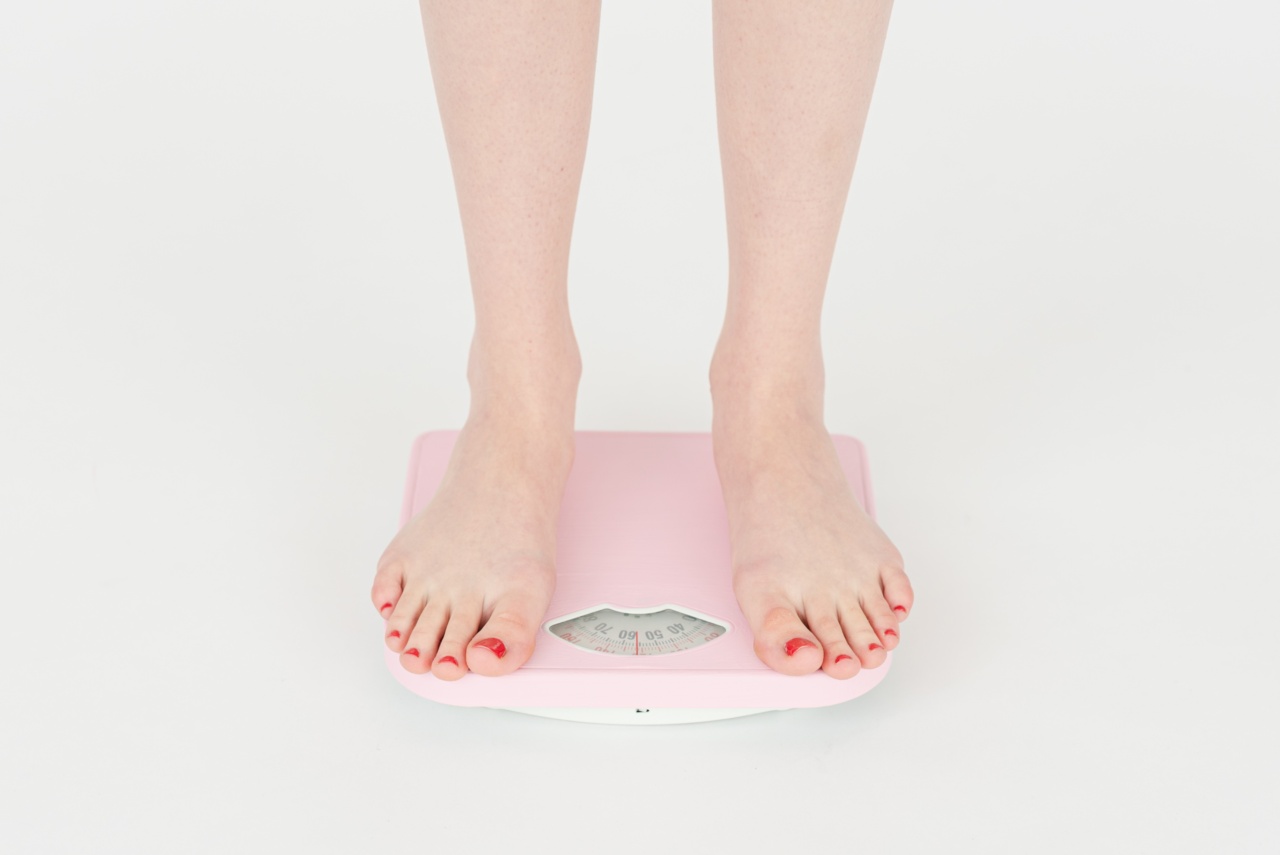High blood pressure is a common condition that affects millions of people worldwide.
It is often referred to as the “silent killer” because it typically has no symptoms but can lead to serious health problems such as heart disease, stroke, and kidney damage. While there are various factors that contribute to high blood pressure, diet plays a crucial role.
What is Sodium?
Sodium is a mineral that is essential for the body to function properly. It helps to regulate fluid balance, maintain nerve and muscle function, and control blood pressure.
However, consuming too much sodium can have detrimental effects on blood pressure levels.
The Relationship Between Sodium and Blood Pressure
When you consume sodium, it attracts and holds onto water in your body, increasing the total volume of blood in your bloodstream. This, in turn, leads to increased blood pressure. The more sodium you consume, the higher your blood pressure may rise.
Conversely, reducing sodium intake can help lower blood pressure levels.
The Benefits of a Low-Sodium Diet
A low-sodium diet has numerous benefits for blood pressure management and overall health. Here are some key advantages:.
1. Lowering Blood Pressure
One of the primary benefits of a low-sodium diet is the significant reduction in blood pressure levels. By reducing sodium intake, you allow your body to release excess water, which helps decrease blood volume and subsequently lowers blood pressure.
2. Decreased Risk of Heart Disease
High blood pressure is a major risk factor for heart disease. By following a low-sodium diet, you can reduce this risk and promote cardiovascular health.
Lower blood pressure levels help protect the arteries, reducing the chances of developing heart disease, heart attacks, and other related conditions.
3. Improved Kidney Function
The kidneys play a crucial role in maintaining fluid balance and regulating blood pressure. High sodium intake puts extra burden on the kidneys, leading to increased fluid retention and strain on blood vessels.
A low-sodium diet helps relieve this burden, improving kidney function and reducing the risk of kidney damage.
4. Reduced Risk of Stroke
Stroke occurs when the blood supply to the brain is disrupted, either due to a blockage or rupture of a blood vessel. High blood pressure is a primary risk factor for strokes.
By adopting a low-sodium diet, you help control your blood pressure, reducing the risk of strokes and associated complications.
5. Weight Management
Many high-sodium foods are also high in calories, unhealthy fats, and sugars. By choosing low-sodium alternatives, you often opt for healthier options that are lower in calories and more nutritious.
This contributes to weight management, which is vital for overall health and blood pressure control.
6. Increased Potassium Intake
A low-sodium diet encourages the consumption of foods rich in potassium. Potassium helps counterbalance the effects of sodium, reducing blood pressure levels.
Foods such as bananas, oranges, leafy greens, and yogurt are excellent sources of potassium and can be incorporated into a low-sodium diet for added benefits.
7. Better Overall Nutrition
Choosing a low-sodium diet often means opting for whole, unprocessed foods instead of processed and packaged products.
This shift promotes a healthier eating pattern and ensures you receive essential nutrients, vitamins, and minerals required for optimal well-being.
8. Enhanced Taste Perception
Excessive sodium intake can dull your taste buds over time, requiring higher levels of salt to flavor foods.
By reducing sodium intake, your taste perception improves, allowing you to appreciate the natural flavors of foods and reducing the need for excess salt.
9. Customizability for Individual Needs
A low-sodium diet is highly customizable to suit individual needs. Depending on your health condition and blood pressure goals, you can adjust the level of sodium restriction accordingly.
Consulting with a healthcare professional or a registered dietitian can help create a personalized low-sodium plan that works best for you.
10. Empowering Self-Care
Following a low-sodium diet empowers individuals to take control of their health.
By making conscious dietary choices and actively managing sodium intake, one can significantly impact blood pressure levels and reduce the risk of associated health complications. This self-care approach promotes overall well-being and an improved quality of life.
Conclusion
A low-sodium diet offers numerous benefits for blood pressure management and overall cardiovascular health.
By reducing sodium intake and incorporating healthier food choices, individuals can lower blood pressure, decrease the risk of heart disease and stroke, improve kidney function, manage weight, and enhance their overall nutrition. Remember to consult with a healthcare professional before making any significant dietary changes, especially if you have an existing medical condition.





























